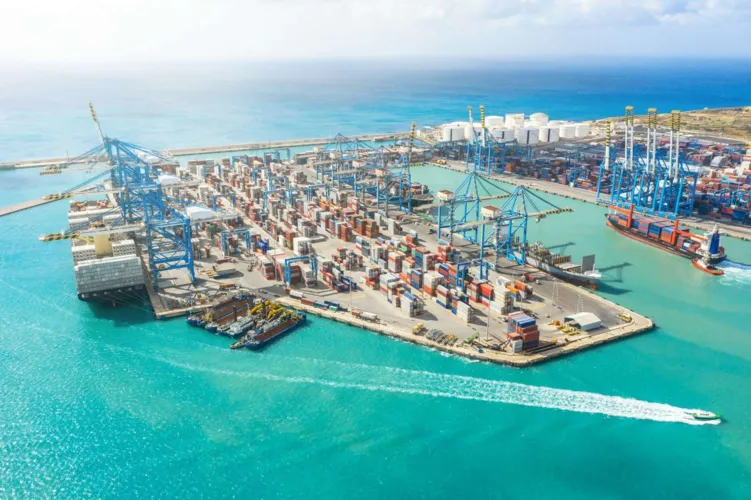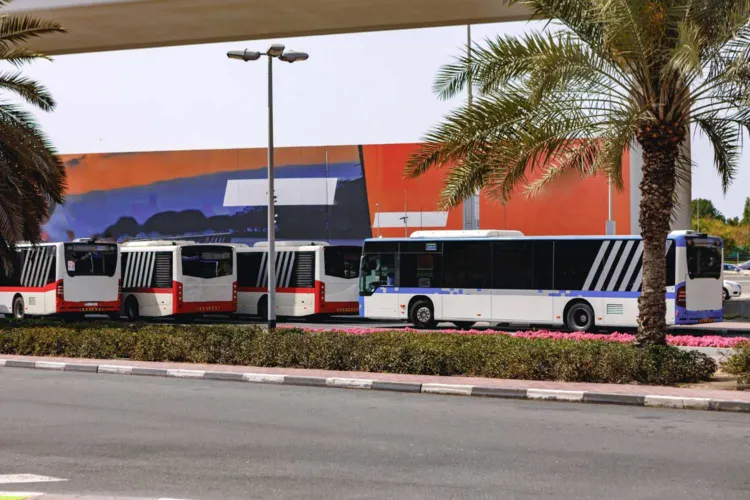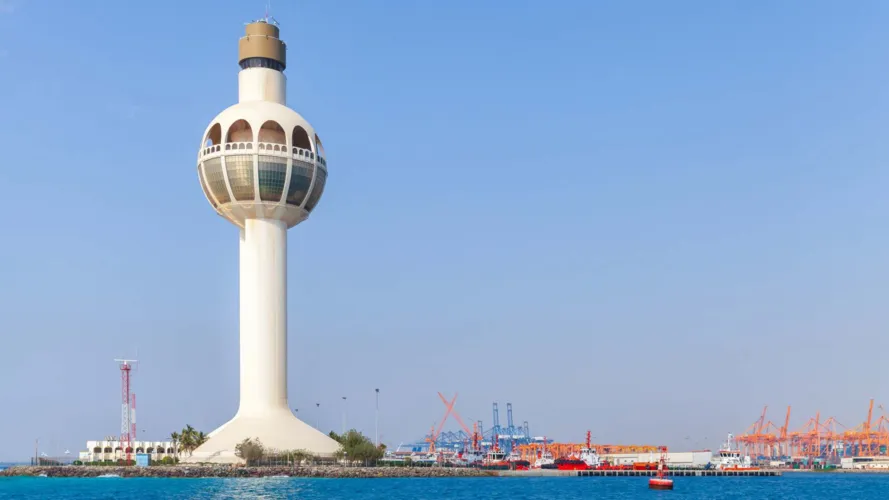Saudi Logistics & Trade Freeze Impact: 5-Year Rent Lockdown Forces Rethink in Riyadh
Saudi Arabia’s decision to freeze rental increases in Riyadh for five years is sending ripples through the logistics and trade sectors. Effective September 25, 2025, the royal decree halts all rent hikes for residential and commercial properties within the capital’s urban boundaries. For logistics operators and trade businesses, this regulatory shift introduces both stability and strategic recalibration.
Fixed Rents Offer Predictability for Warehousing and Distribution
Under the new framework, rents for previously leased vacant units are locked at the last registered contract value. For logistics firms, this means predictable overhead costs for warehousing, distribution hubs, and office space. In a sector where margins are often tight and planning cycles long, the Saudi Logistics & Trade Freeze Impact could reduce volatility and improve cost forecasting.
Ejar Platform Mandate Streamlines Lease Transparency
All lease agreements must now be registered on the government’s Ejar digital platform. This centralized system enhances transparency and legal clarity for both landlords and tenants. For trade operators managing multiple properties or cross-border contracts, the 60-day objection window and automatic lease renewals simplify compliance and reduce administrative friction.
Penalties of Up to 12 Months’ Rent Reshape Risk Calculations
Violations of the freeze carry fines of up to 12 months’ rent for the affected unit. This steep penalty—alongside mandatory compensation and correction—raises the stakes for landlords and tenants alike. For logistics firms negotiating long-term leases, the Saudi Logistics & Trade Freeze Impact introduces a new layer of risk management, especially in contract enforcement and renewal scenarios.
Strategic Implications for Expansion and Regional Diversification
While the freeze currently applies only to Riyadh, the General Real Estate Authority may extend it to other cities with approval from the Council of Economic and Development Affairs. This potential expansion prompts logistics players to reassess regional strategies. Firms may prioritize cities with more flexible rental regimes or invest in owned infrastructure to hedge against future freezes.
Exceptions and Renovation Clauses Add Complexity to Lease Planning
Landlords may challenge fixed rental values under specific conditions, such as substantial renovations or contracts predating 2024. For trade businesses occupying modified facilities or legacy properties, these clauses introduce uncertainty. The Saudi Logistics & Trade Freeze Impact thus requires careful documentation and proactive engagement with the Real Estate Authority to avoid disputes.
Civil Transactions Law and Mediation Committees Shape Enforcement
Where the freeze regulations lack explicit guidance, the Civil Transactions Law applies. Violations are adjudicated by committees under Article 20 of the Real Estate Mediation Law, with appeals allowed within 30 days. For logistics firms operating under complex lease structures, understanding these legal pathways is essential to navigating the new landscape.
Whistleblower Incentives Could Influence Market Behavior
Informants who help uncover violations may receive up to 20% of the collected fine. This provision could lead to increased scrutiny and reporting within the logistics and trade ecosystem. Firms must ensure full compliance to avoid reputational and financial fallout under the Saudi Logistics & Trade Freeze Impact.
Conclusion: Stability with Strings Attached
The five-year rental freeze in Riyadh marks a bold intervention in Saudi Arabia’s property market. For logistics and trade operators, it offers cost stability but demands heightened legal awareness and strategic agility. As the General Real Estate Authority monitors compliance and publishes market reports, businesses must stay informed and adaptive to thrive under the new regime.
Also Read: The Evolution of E-Commerce Logistics in Saudi Arabia








